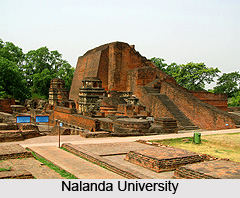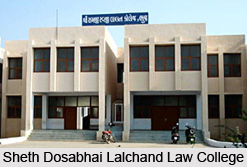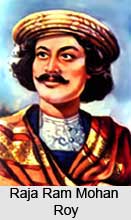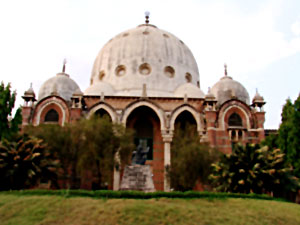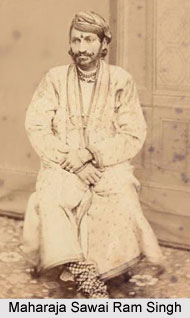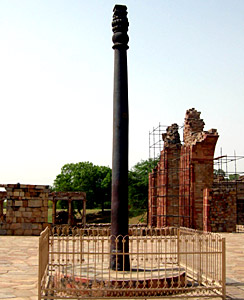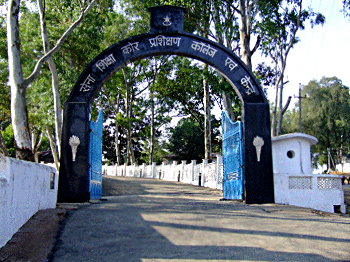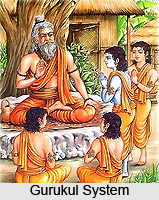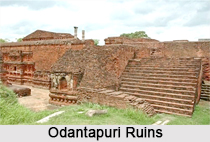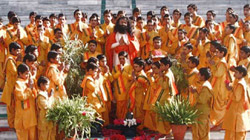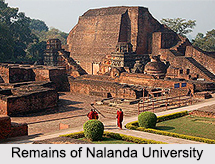The present Indian system of education depends on the model structure introduced by the British. The structure is a flow from the primary school to the university level. Education was introduced to the Indian society in order to eradicate the level of illiteracy irrespective of caste, religion, caste, sex, race or birth. The three levels of education are structured in the Indian society, pre- primary, primary, secondary and Tertiary education system. The system of Tertiary education broadly refers to all post-secondary education, including universities also.
The system of education at the tertiary level is actually a highly complex system. Universities play a vital role in the Tertiary education structure. During independence there were twenty universities and seven hundred colleges enrolling a huge number of students. The number increased at the modern period and at present in 2005 there are about 234 universities, 95 deemed universities, 17,625 colleges and 13 institutions. But the process of imparting knowledge is diverse in the public and private tertiary institutions.
Tertiary education can be termed as synonymous to technical education, which has grown rapidly in recent years. Moreover, this structure of education increases the opportunities of employment. The medium of instructions is also decided by the government of India and thus it was decided that especially the English be the language of instruction in the universities imparting professional and technical subjects as well as graduate studies. Current education policy as related to structure and access is based on the objectives of the National Education Commission (NEC) and since 1968 Education Policy, it is based on a 10+2+3-year model.
The system Tertiary education motivates the students to be highly selective and provide opportunities in both the academic and vocational streams. The universities and institutions offering professional courses include a network of research institutions that provide opportunities for advanced learning and research leading in branches of science, technology and agriculture. At present the Indian society include a three-tier degree structure including bachelor, master, doctorate and a system of affiliated colleges or universities. The three major universities in India were established in the middle of the 19th century in Madras (Chennai), Bombay (Mumbai) and Calcutta.
All the universities and colleges ensure high standards of training to the students. Various institutions for professionals emerged such as the All India Institute of Medical Sciences, the Indian Institute of Science in Bangalore; the Indian Institutes of Technology and the Indian institutes of Management. All these institutes produce highly skilled graduates. In addition to that there are several colleges that provide undergraduate science, agriculture, commerce and humanities courses in India. Amongst these, there are others that offer post graduate courses while some also offer facilities for research and PhD studies.
